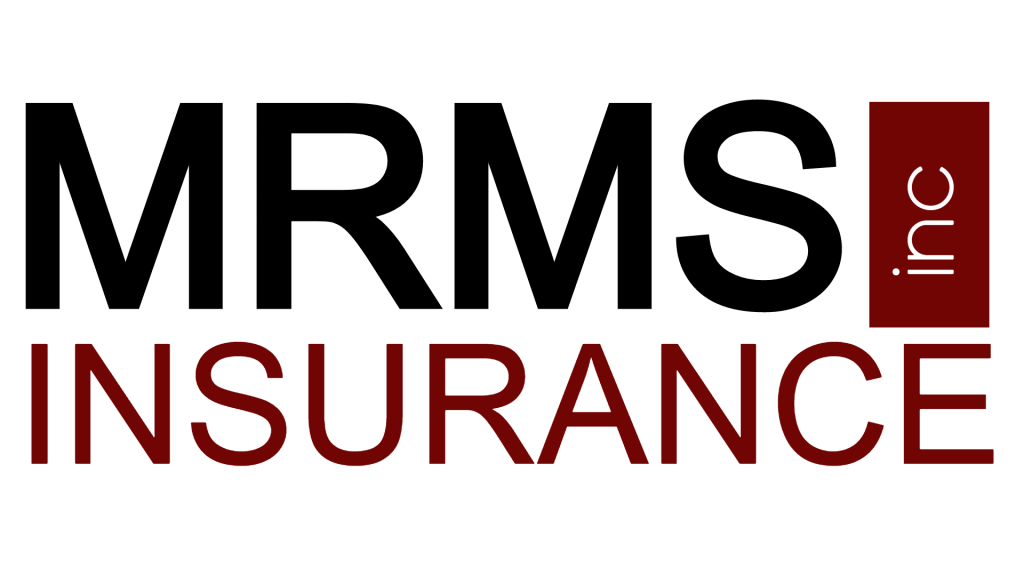What Are My Health Insurance Options?
Health insurance has become a major topic of discussion lately. What will health care reform look like? What are my health insurance options? Will the US Government offer a plan for all Americans? Will insurance companies insure all people who apply? Will the cost of insurance come down? These are all good questions, but the true question for many is “what options do I, because I need health insurance right now”.
Whether its due to layoffs, cutbacks, or attempting to cut health insurance costs, many people are investigating their insurance options; should they take COBRA or should they buy an insurance product? What are their options?
People who have had group health coverage through their work for a company with over 20 employees and suffered an involuntary layoff, have a COBRA option for 18 months of insurance. Fewer than 20 employees, people have an Illinois continuation 9 month option. For people laid off since last September have had an opportunity to access the COBRA stimulus plan to help them pay premiums. The government would subsidize 65% of the premium for 9 months, leaving only 35% for the laid off person to pay. If you were or become laid off in the future, you should investigate if you qualify for the COBRA (or Illinois Continuation) stimulus plan.
Also explore your other options – call an insurance professional. Look at several companies and several different plan designs as follows:
Temporary Health Insurance is a policy designed to cover people up to a certain length of time (i.e. 6 months or one year). This type of plan works best if the person becomes employed with group insurance while covered by the temp plan. A temp plan can also be used when applying for individual health insurance and before the permanent plan becomes effective. The positives of temp plans are: premium savings and immediate coverage. The negatives are that one usually needs to pass minor underwriting and the plan will come to an end at a set date. If a person incurs a medical condition while covered, that condition may not be covered upon application of a permanent medical insurance plan.
Permanent health insurance plans are designed for a person to maintain coverage for a longer time period and have a number of plan designs are available. For some people, it makes more sense to have doctor’s office co-pays included. For others, they would rather save money on insurance premiums and use that savings to pay their own doctor’s visits as they are incurred. Some people would rather have a low deductible to lower their out of pocket costs. Others would rather have a high deductible and use the premium savings to pay their own minor expenses.
Also available at this time are Health Savings Accounts (HSAs). HSAs offer a high deductible plan and allow a person to set up an HSA savings account. This account is funded with tax deductible money and can be funded up to the deductible amount or $3000 for a single ($5950 for a family) with ever is less. This fund can be used for most medical, dental and vision types of expenses. The positives of a permanent plan are the flexibility of plan designs available and in most cases you control how long you wish to keep the plan. The negatives include the cost of a benefit rich plan and the possible exclusion of health conditions you already have.
If a person has health conditions where they can not buy acceptable medical coverage, they should contact CHIP (in Illinois). Chip offers coverage for people who cannot buy health insurance on the open market. Costs are fairly expensive, but pre-existing conditions would be covered no later than 6 months after the effective date. For information on CHIP contact 800-367-6410, or our office.




















